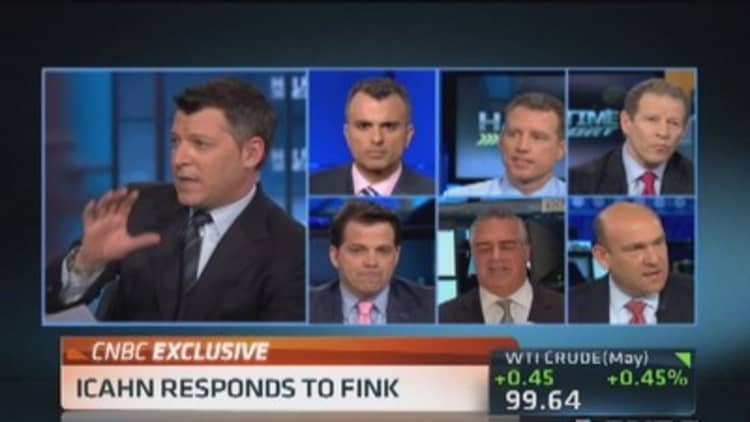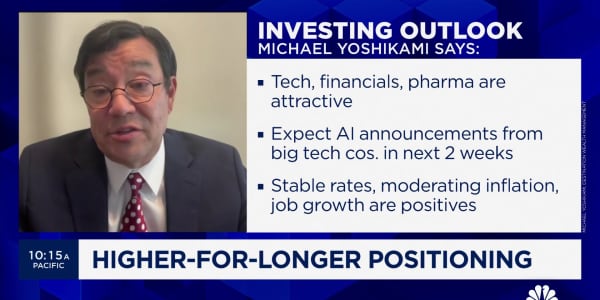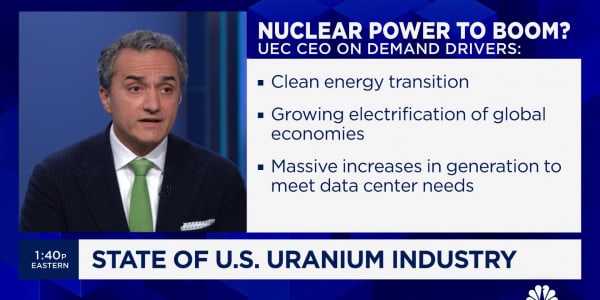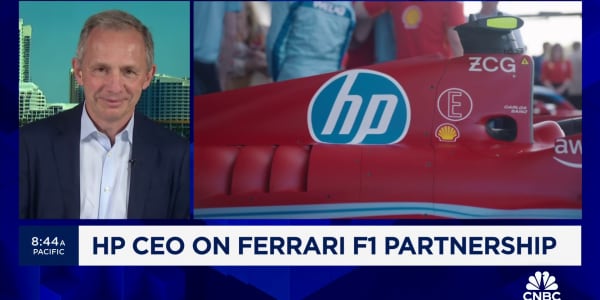BlackRock Chief Larry Fink thinks companies should focus more on long-term results instead of boosting dividends or buying back stock to appease short-term interests, such as those demanded by activist investors. Billionaire corporate agitator Carl Icahn thinks too many businesses are run by incompetents who waste shareholder money and need to focus on short-term improvements.
Who's right?
Read MoreIcahn, BlackRock's Fink trade words on spending
"Both" is the short—if obvious—answer from observers.
Corporate chief executive officers generally side with Fink on expanding a business for the long term.
"The theme of Mr. Fink just resonated with me. You're darn right we should innovate," said Bart Shuldman, CEO of TransAct Technologies, a $100 million public printer company based in Hamden, Conn.
"We need that, not only for shareholder value but we need it because we can then grow our companies, hire more people and get our economy going," Shuldman added. "If all we're doing is buying back stock and paying dividends, some people make out but it's not going to enhance the value of our companies and it's not going to do all that great for the country either."

Billy Cyr, CEO of private equity-owned Sunny Delight Beverages, added the importance of matching investor and corporate goals.
"It really comes down to the alignment of the shareholder's interests ... and the faith they have in the management's ability to deliver the growth," Cyr said. "If they trust me and I trust them, we can focus on long-term growth. If not, it will quickly become all about cash returns."
"If my shareholder base was more diverse and included less patient investors, I would not be able to pursue growth as vigorously," he added.
Activists investors are, of course, more likely to side with Icahn.
"I don't think that Larry's comments are generally valid or true. Many companies don't have good growth ideas and, therefore, they are sitting on mountainous accumulations of cash," said David Tawil, co-founder of hedge fund firm Maglan Capital. Maglan, which manages $70 million, occasionally engages in shareholder activism as part of its distressed company-focused strategy.
"Holding cash with no anticipated purpose helps no one. I should hope that Larry would agree with that. As I'm sure that Carl would agree that if growth capex (capital expenditure) was the most value-accretive use of cash or capital, that is where it should be directed."
David Rosewater, a partner at the law firm Schulte Roth & Zabel who regularly works with activist hedge fund firms like JANA Partners, Trian Fund Management and Elliott Management, said it's unfair to label all activists as "short-termists."
"There's no one-size-fits-all solution for underperforming companies," Rosewater said of the diverse recommendations that activist investors make to businesses, including not returning cash to shareholders. "For there to be a suggestion that activists in general simply apply a particular prescription to every company I don't think is a complete picture."
To be sure, most major activist hedge funds wouldn't weigh in on the subject. Representatives for Pershing Square Capital Management, Third Point, JANA, Trian, Elliott, Starboard Value and ValueAct Capital either declined to comment or did not respond to requests.
Both CEOs and activist investors said they can see it from both sides—it just depends on the situation.
"I applaud Fink for taking a stand—companies should have a balanced approach to capital allocation," said Ken Traub, CEO of investment firm Ethos Management and member of five company boards.
"Some companies can maximize shareholder value by redeploying capital into their businesses while other companies may have excess capital beyond what they can invest at satisfactory returns in their businesses, and those companies should seriously consider returning excess capital to shareholders."
At least one observer thinks the Fink versus Icahn debate over what's best for companies is ultimately self-serving because of their respective investment strategies—both of which can be valid depending on the situation.
"This is a fight between stuffed Christians and stuffed lions," said John Coffee, a professor at Columbia Law School and expert on corporate governance. "They're not what they report to be. ... Both want to be the noble champions of the public interest and they both fall a little short."
Regardless, the debate is far from over.
"The right balance has to be struck on short- versus long-term use of corporate cash. Everyone, including Fink and activist investors, want the value of shares to go up. It's just a question of when," said Damien Park, founder of Hedge Fund Solutions, which consults both companies and hedge funds on activism.
"This debate on how best to do that isn't new and isn't going to end anytime soon," Park added.






